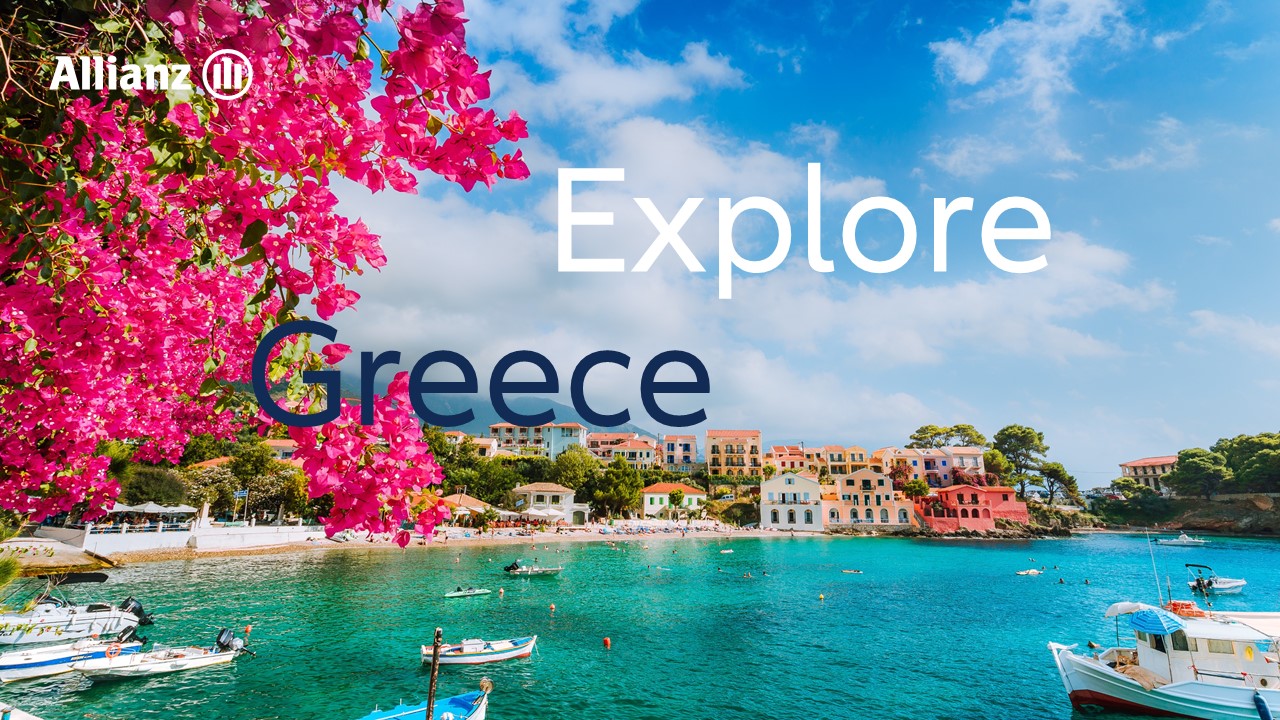Generally, expat residents and their families have access to free or low-cost public healthcare if they contribute to the Social Insurance Institute (IKA). IKA is a public insurance company that oversees Greece’s social security. As soon as expats start working, they will need to apply for national health insurance, which is administered by IKA, and they will be given a social security card known as AMKA. Medical care by IKA-approved practitioners is generally free, although patients are required to pay a fee for prescribed medicines.
Other benefits include free laboratory services, maternity care, medical-related appliances or devices and emergency transportation. Other European Union nationals can also avail of free healthcare benefits provided they have their European Health Insurance Card (EHIC), which entitles the bearer to public health cover for a limited period of time, generally no longer than 90 days. Retirees from EU countries who are receiving their pension from their home country, and who intend to settle in Greece, are also entitled to state health benefits. UK citizens can make use of their Global Health Insurance Card (GHIC), which replaced the EHIC for UK citizens post-Brexit.
Primary healthcare is provided through ESY. This includes rural health centres and surgeries, as well as public hospital outpatient departments. Other public primary healthcare is provided through health centres operated by social insurance funds, local authorities and municipalities.
According to the type of services they offer, Greek hospitals are categorised as either general or specialised. General hospitals include multi-speciality departments across most disciplines of medicine. Specialised hospitals are referral centres usually for a single speciality.



